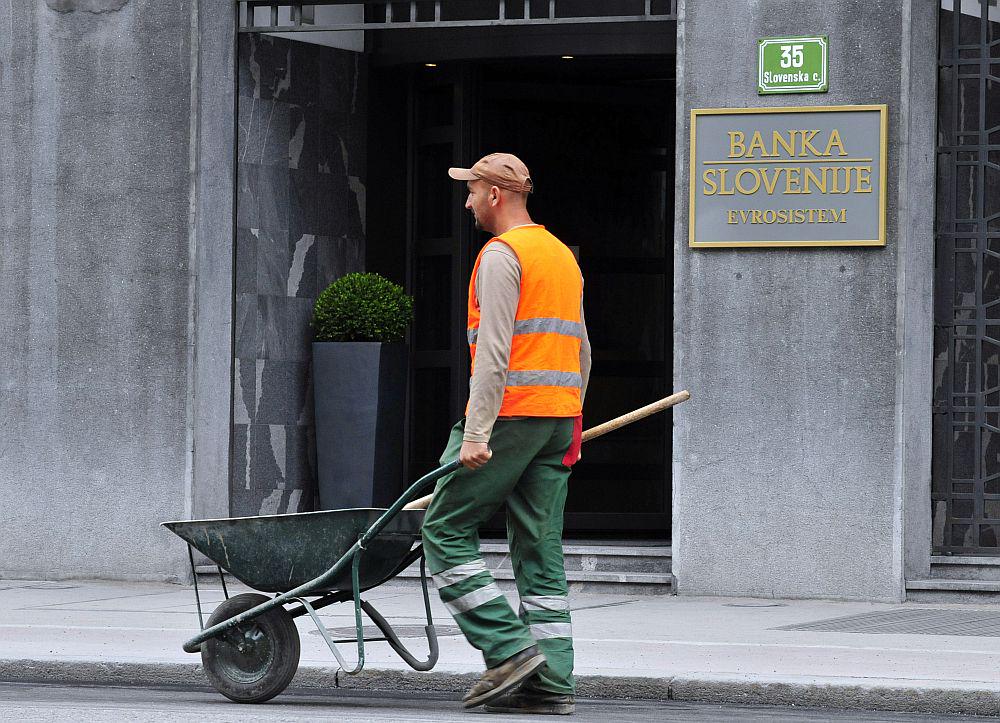The OECD said the government should also work on boosting jobs and economic growth by increasing resources for active labour market policies. The banking and corporate sectors need to be strengthened as well, it said.
"(Slovenia should) continue privatising state-owned enterprises and not hold controlling interests in firms operating in competitive markets," the report said. "(It should) increase the statutory and minimum pension ages and link them explicitly to life expectancy," it added.
Slovenia, which narrowly avoided an international bailout for its banks in 2013, introduced a pension reform in that year which will gradually raise the retirement age to 65. But according to the OECD, more reform is necessary to reduce the pressure of the ageing population on the budget. Slovenians can now retire at the age of 59.
OECD warned that economic recovery in Slovenia remains fragile. "Corporate investment remains low as companies are deleveraging, and banks' capacity to lend is constrained by still elevated non-performing loans," it said.
In 2013, the government had to pour more than 3 billion euros into local banks, which are mostly state-owned, to prevent them from collapsing under the weight of bad loans. Bad loans still represent about 11.8 percent of all bank loans, according to the Bank of Slovenia figures.
Slovenia's economy returned to growth in 2014 after two years of recession. The government expects the economy to expand 2.4 percent this year, boosted by export growth, versus 2.6 percent in 2014.
The OECD said the government should enhance the role of the state-owned Bank Asset Management Company, which took over a large part of the bad loans of local banks, in restructuring of companies, and added that Slovenia should privatise state-owned banks.
The government now controls about 60 percent of the banking sector. It had said it would gradually privatise all state-owned banks, although it plans to keep a stake of 25 percent in the largest bank, Nova Ljubljanska Banka, to give it a say in key business decisions.
Over the past decades, Slovenia has been reluctant to privatise major companies and banks. The government still controls about 50 percent of the economy.
The government earmarked 15 companies for sale in 2013, of which four have been sold so far. The sale of the country's second-largest bank, Nova KBM, is expected in the coming weeks.


































































